Parliament is once again at the center of controversy after the Ethics and Anti-Corruption Commission confirmed that it has started investigations into Members of Parliament accused of demanding bribes.
The move comes days after President William Ruto accused lawmakers of reducing Parliament into what he described as a marketplace for extortion, raising questions about integrity in the country’s lawmaking process.
EACC chairperson David Oginde said the commission is already monitoring several MPs who have been implicated in corruption allegations.
He explained that the investigations are ongoing and warned that no one will be spared once credible evidence is gathered. Oginde made it clear that the allegations cut across different issues, from bribery to influence legislation, inflated allowances, misuse of Constituency Development Funds, and claims that senior government officials are forced to pay protection fees to avoid harassment.
According to him, the expectation is that Parliament should be a place where laws are made to improve the lives of citizens, but instead, it has become clouded by allegations of bribery and extortion.
He added that the commission has in the past held meetings with the Speakers of both the National Assembly and the Senate, and it intends to consult them again as the investigations proceed. Oginde stressed the importance of cooperation from Parliament since it is a privileged institution where integrity should be safeguarded.
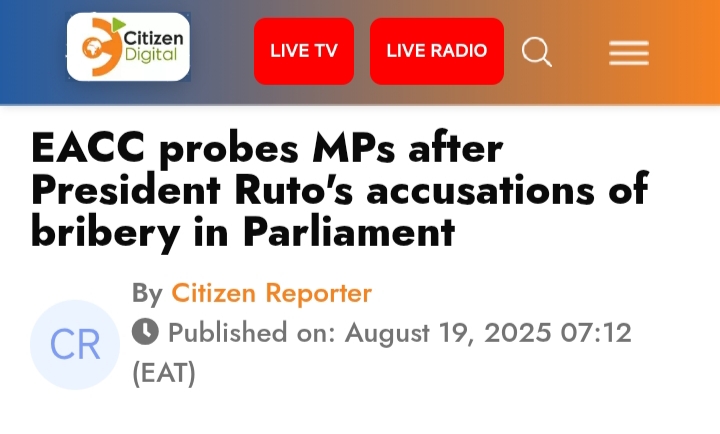
He noted that corruption by a few lawmakers has the effect of spoiling the reputation of the entire House, and that is why investigations are focused not only on punishing those found guilty but also on finding long-term solutions.
Civil society groups have also responded to the matter, urging President Ruto to back his claims with solid evidence.
Transparency International Kenya, through its executive director Sheila Masinde, said that if the President is serious about his remarks, he should present evidence to the investigating authorities to ensure thorough investigations are carried out.
This pressure adds weight to the debate as Kenyans wait to see whether the allegations will result in real accountability or if they will fade away like many other corruption claims in the past.
The President himself has been vocal about corruption in Parliament. While speaking at the Devolution Conference in Homa Bay, he accused MPs of turning parliamentary committees into money-making schemes rather than exercising their oversight duties.
He said there is a growing culture where committees demand money from cabinet secretaries, governors, and other executives before writing reports or choosing to look the other way.
Ruto insisted that such practices cannot be allowed to continue and demanded that the EACC move in and act without fear or favor.He further emphasized that there will be no sacred cows in the investigations, assuring Kenyans that no one would be shielded from prosecution.
By stating that there would be no phone calls from any quarters to stop investigations, the President appeared to send a message that his administration is ready to let institutions operate independently in tackling graft.
The unfolding developments now put pressure on both Parliament and the EACC. For Parliament, the allegations dent its image as a lawmaking body meant to protect public interest, while for the EACC, the investigations will be a test of its resolve to deliver results in a case that involves powerful figures.
Kenyans will be watching closely to see whether the promises made will translate into action and whether those implicated will truly face justice.


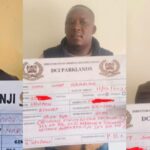





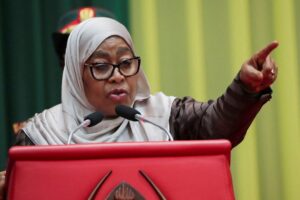
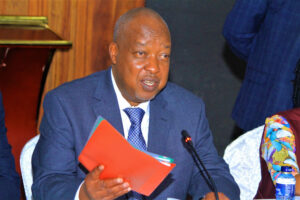

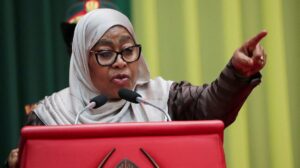
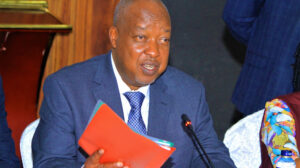

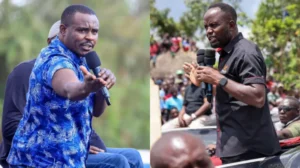
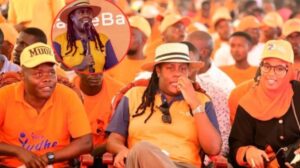
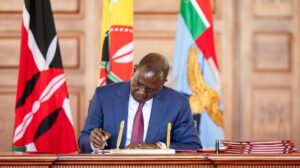
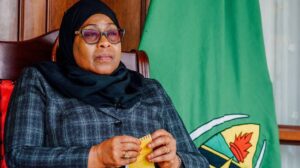
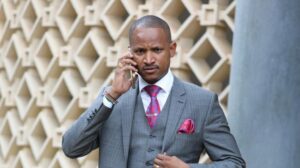
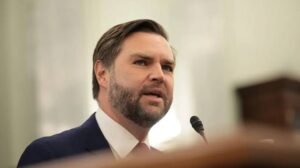
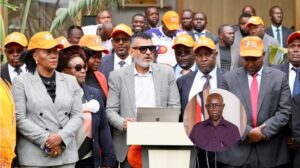
Add Comment